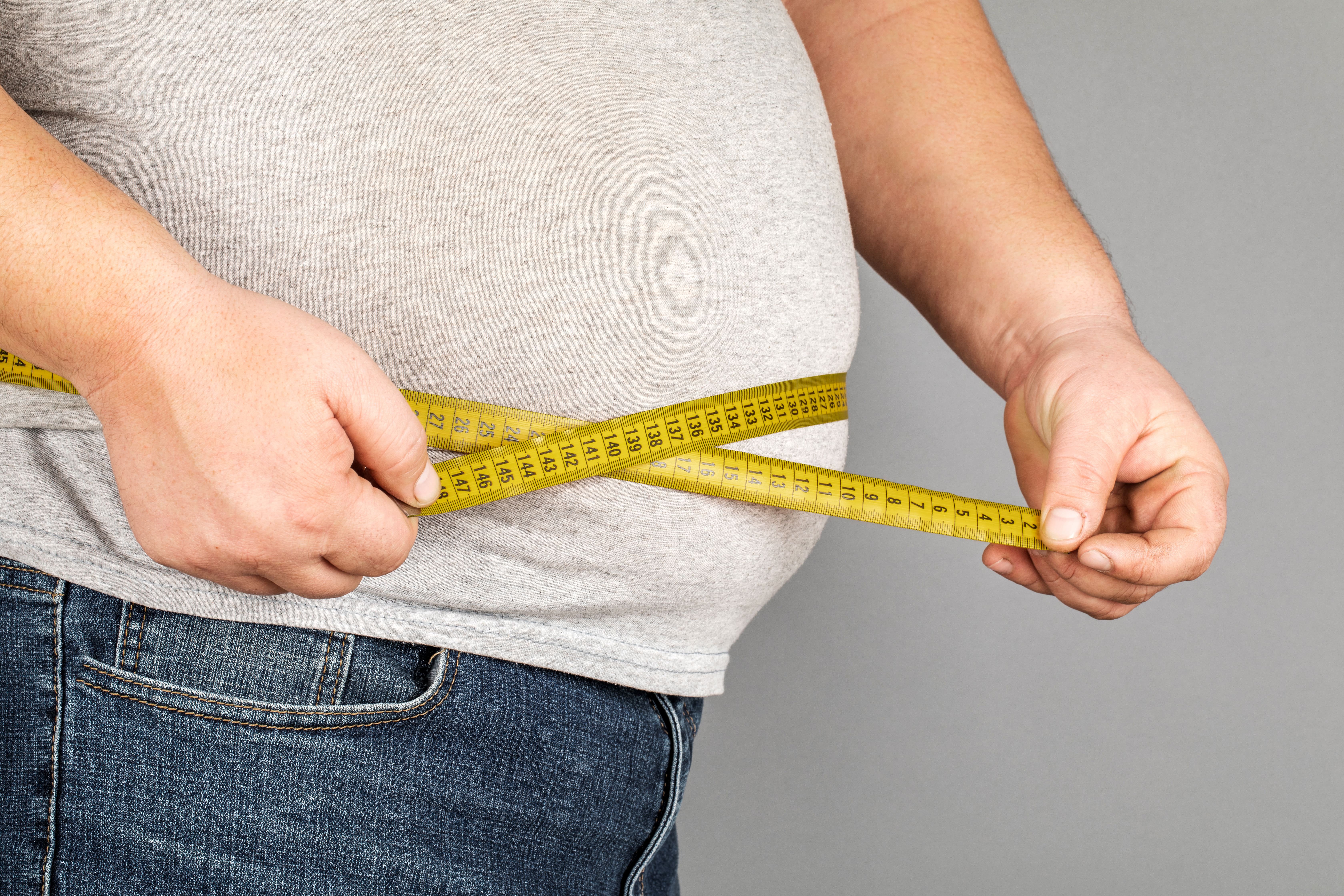As a college student, eating can often be a rush – whether it’s grabbing a quick bite between classes or trying to meet up with friends for a meal. However, if you’re not naturally inclined to maintain a healthy weight, how fast you eat could significantly impact your student health. Studies have shown that eating too quickly can lead to weight gain and disrupt your overall well-being. So, if you’re looking to improve your college health and keep your waistline in check, slowing down your eating habits might be the key.
Slow Down to Stay Fuller for Longer
Research shows that eating slowly can help you control your calorie intake. College students are often busy, and it’s easy to rush through meals, but when you take the time to savor your food, your body registers when it’s full. As you fill your stomach, your brain signals that you’ve had enough, helping you stop eating before you’ve consumed too many calories.
It takes about 20 minutes for this process to happen, and if you’re eating too fast, your body doesn’t have time to send those fullness signals. This means you could end up eating more than you need before realizing it. By simply slowing down, you allow your body to communicate with your brain, reducing overeating and promoting better student health.
Take the Time to Chew Your Food
How often do you think about chewing while you’re eating in between study sessions or social events? As a college student, it’s common to eat quickly out of habit, but chewing thoroughly is essential for digestion and nutrient absorption. Eating slowly gives you the chance to chew each bite properly, which not only aids in digestion but also helps your body absorb essential nutrients.
When you chew food properly, it breaks down into smaller pieces that are easier for your body to process. Additionally, chewing more slowly helps regulate your appetite, as it gives your body time to signal that you’re full. This means you’ll be less likely to mindlessly eat during late-night study sessions or social gatherings.
The Benefits of Mindful Eating for College Students
Eating slowly offers significant benefits, especially when it comes to maintaining your college health. Mindful eating, where you focus on the textures and tastes of your food, can help reduce stress, improve digestion, and manage your weight. By slowing down and paying attention to how much you’re eating, you can avoid overeating, which is common for students who often eat out of stress or habit.
When you eat more mindfully, you’ll find it easier to gauge your hunger levels and recognize when you’re truly full. This connection to your meals can also improve your energy levels and help you feel better throughout your busy college life. Not only does it aid in weight management, but it also helps reduce the risk of developing unhealthy eating habits in the long run.
The Takeaway: Savor Your Meals for Better College Health
Whether you’re aiming to maintain a healthy weight, improve your energy levels, or simply enjoy your meals more, eating slowly and mindfully is a game-changer for college students. By making a conscious effort to slow down, chew your food, and savor every bite, you’ll not only reduce the chances of overeating but also improve your overall student wellness.
So, next time you sit down for a meal between classes or during a study break, remember to take a few extra minutes. Chew your food slowly, savor the flavors, and listen to your body’s signals. By implementing this small change, you’ll improve your college health, enjoy your meals more, and help keep your waistline in check.





